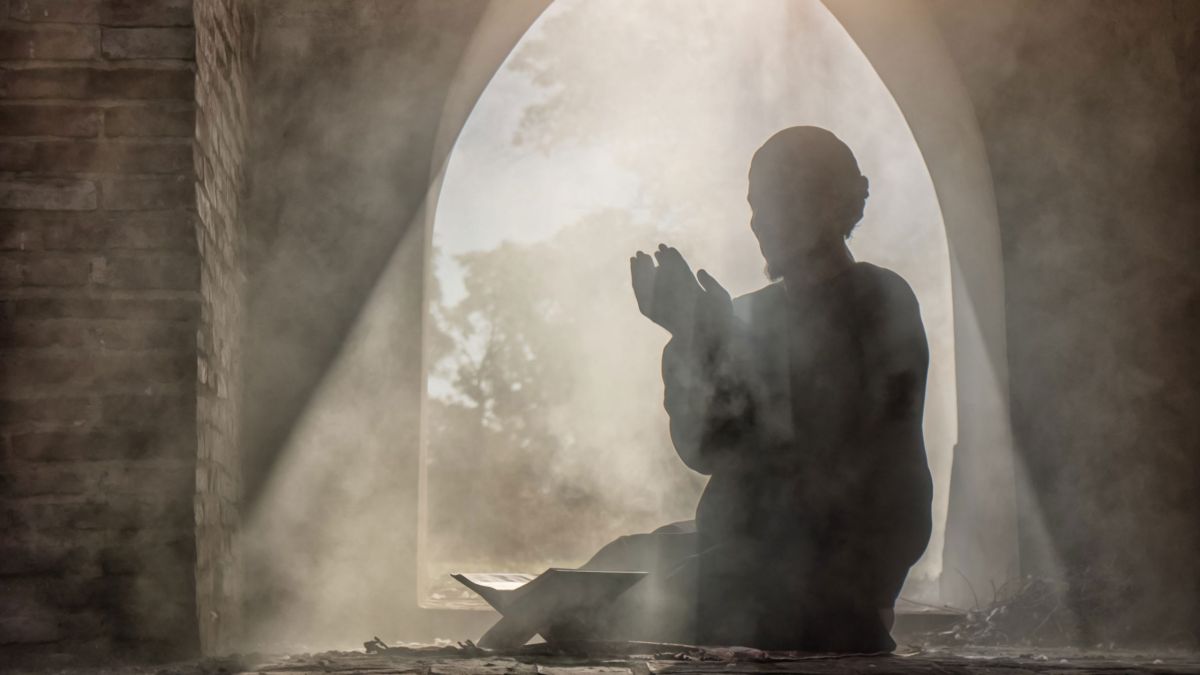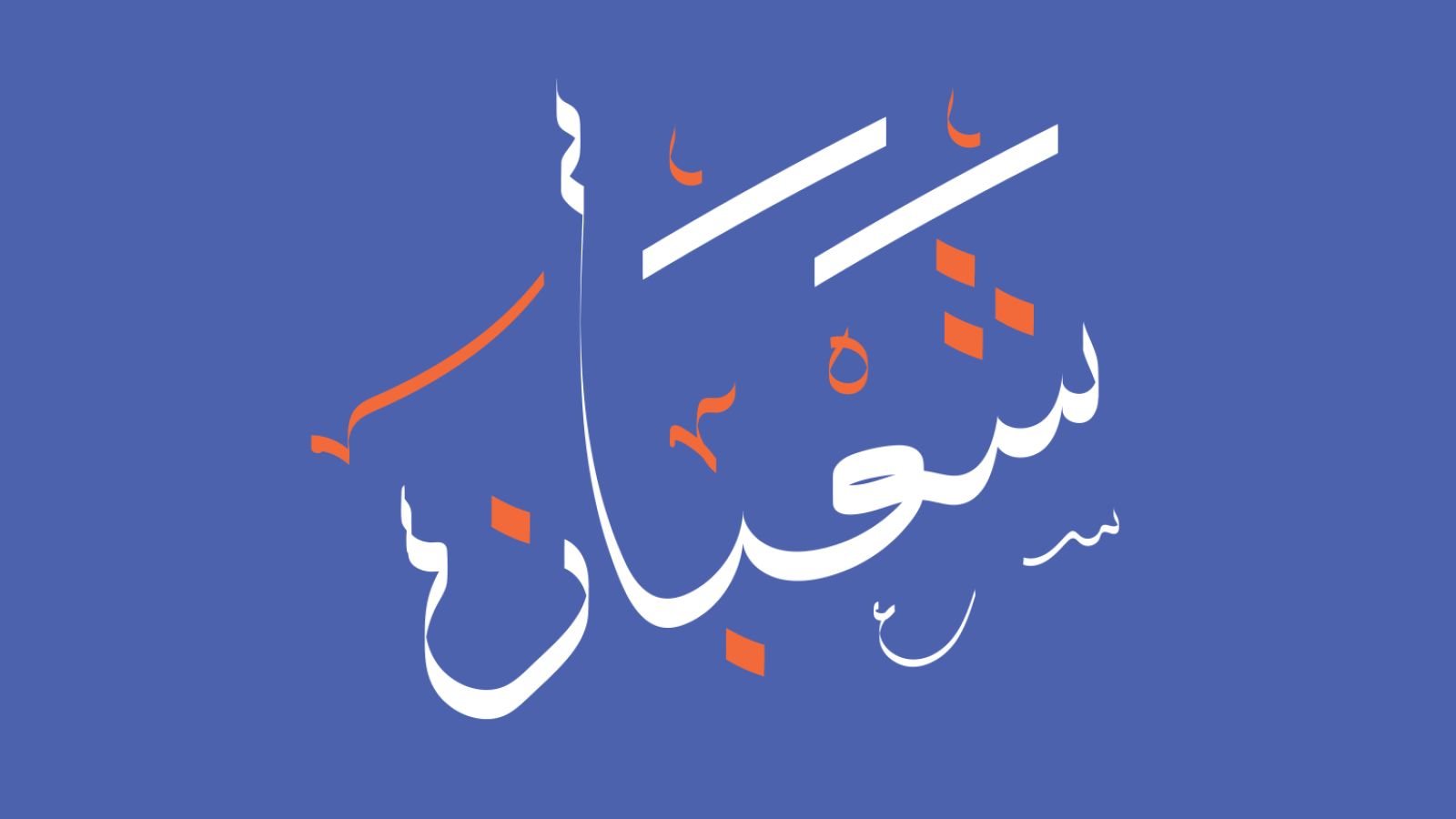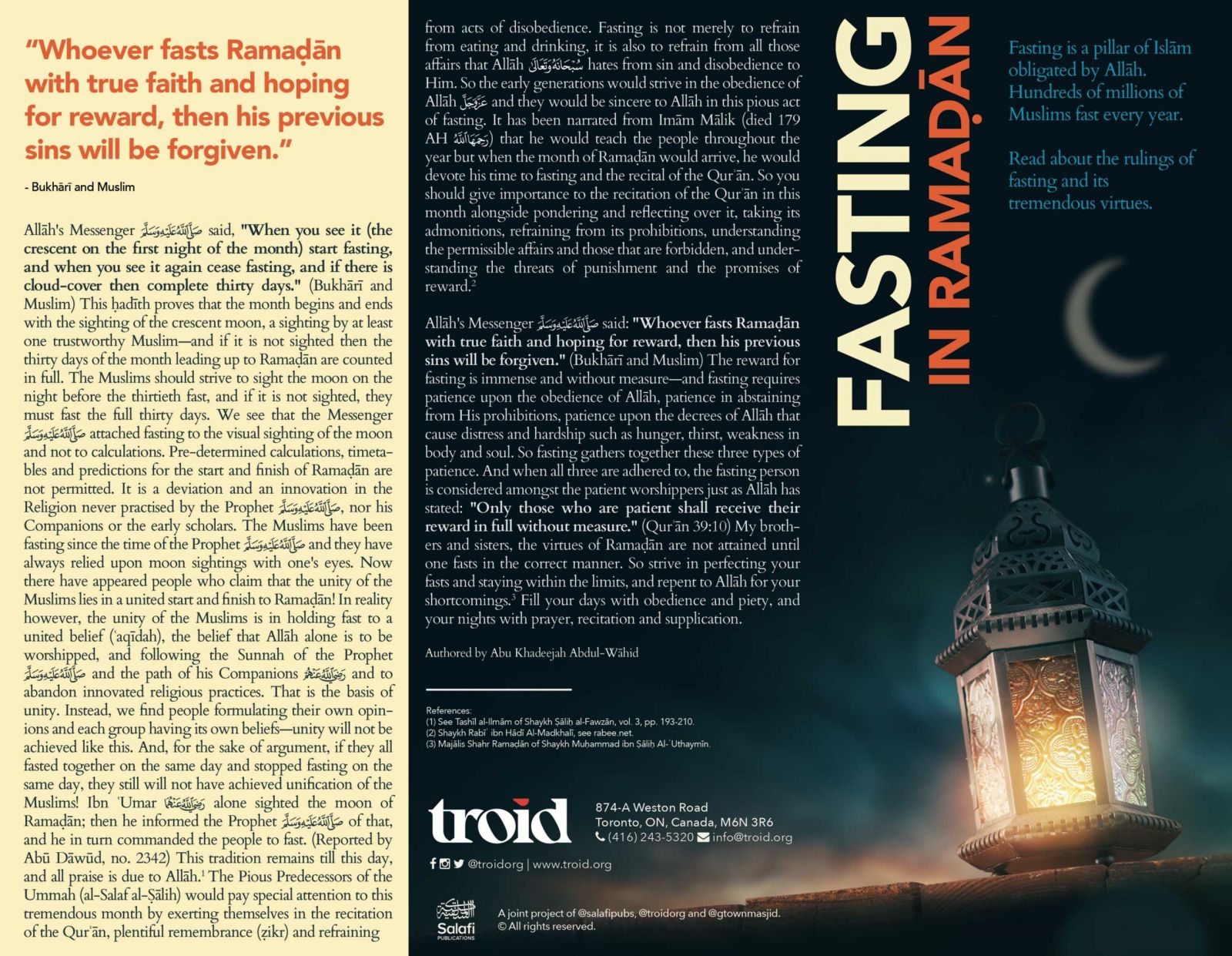The Importance of Duʿāʾ and its Prerequisites
Imām Ibn al-Qayyim


Amīr al-Muʾminīn ʿUmar ibn al-Khaṭṭāb said: ‘I do not carry the worry of the answer [to my invocations]. Rather, it is the worry of the duʿāʾ itself that plagues me. For if I am guided to make an invocation [in the right way], then the answer to it will surely follow.’
It is the intention of the slave and his meticulousness, want, and desire [that goes in to his duʿāʾ] that correlates directly with the tawfīq and help of Allāh for him. For help from Allāh descends on His slaves depending on the attention they pay to their duʿāʾ, as well as their steadfastness, desire, and fearfulness. Conversely, abandonment [from Allāh] comes to them when these characteristics are deficient.
Allāh the Exalted is the Most Just of all judges, and more knowledgeable than all things that have been given knowledge. Thus, He only allows tawfīq to descend in an appropriate, suitable place, just as abandonment occurs when appropriate. He is the All-Knower, the Most Wise.
No [calamity or hardship] befalls any individual except as a result of thanklessness, and a marked deficiency in humility and duʿāʾ. No individual has ever been victorious by the will and help of Allāh, except by that person turning [to Allah] in thankfulness, truthful humility, duʿāʾ and above all else patience. For the place of [patience] from īmān is comparative to the place of the head on the body. If the head is severed, the body cannot remain.
Source: Al-Fawā’id: 145
Translated by: Riyāḍ al-Kanadī
Most Popular: Last 30 Days

















